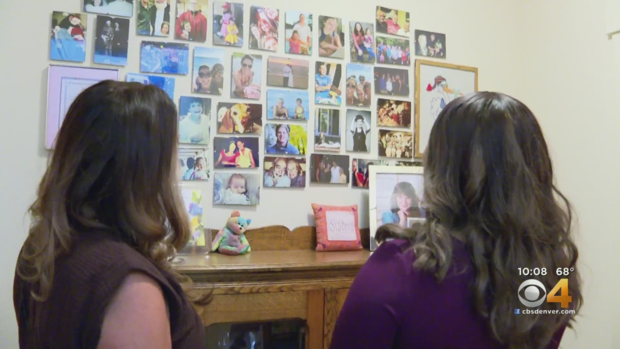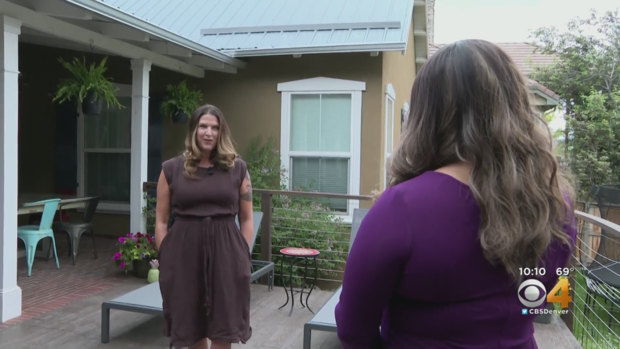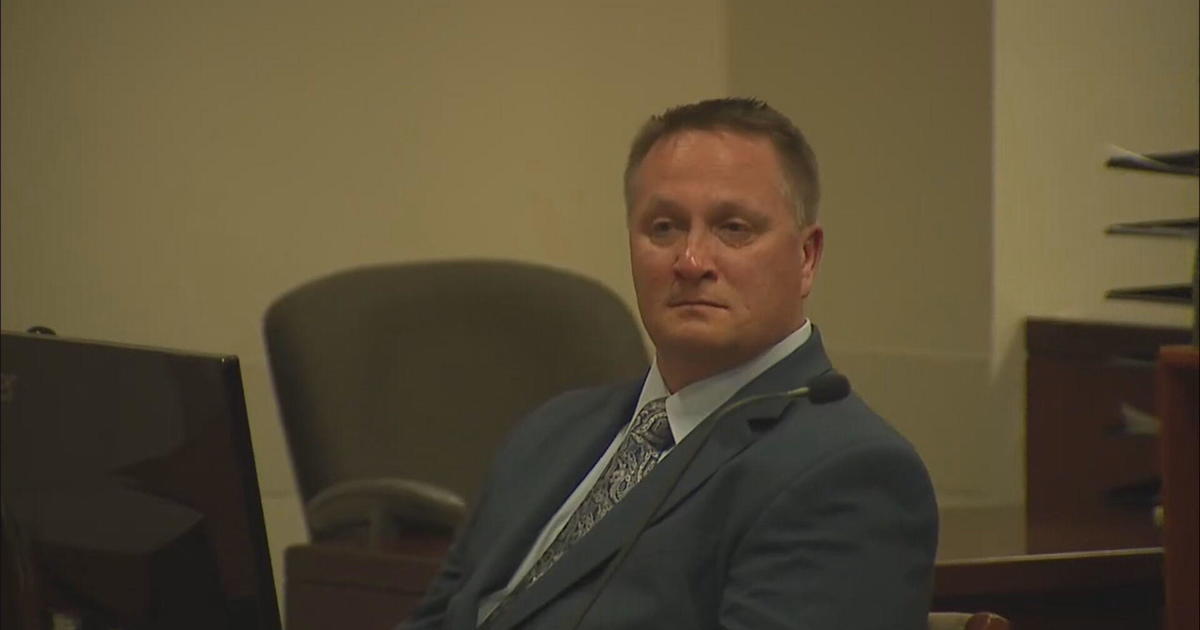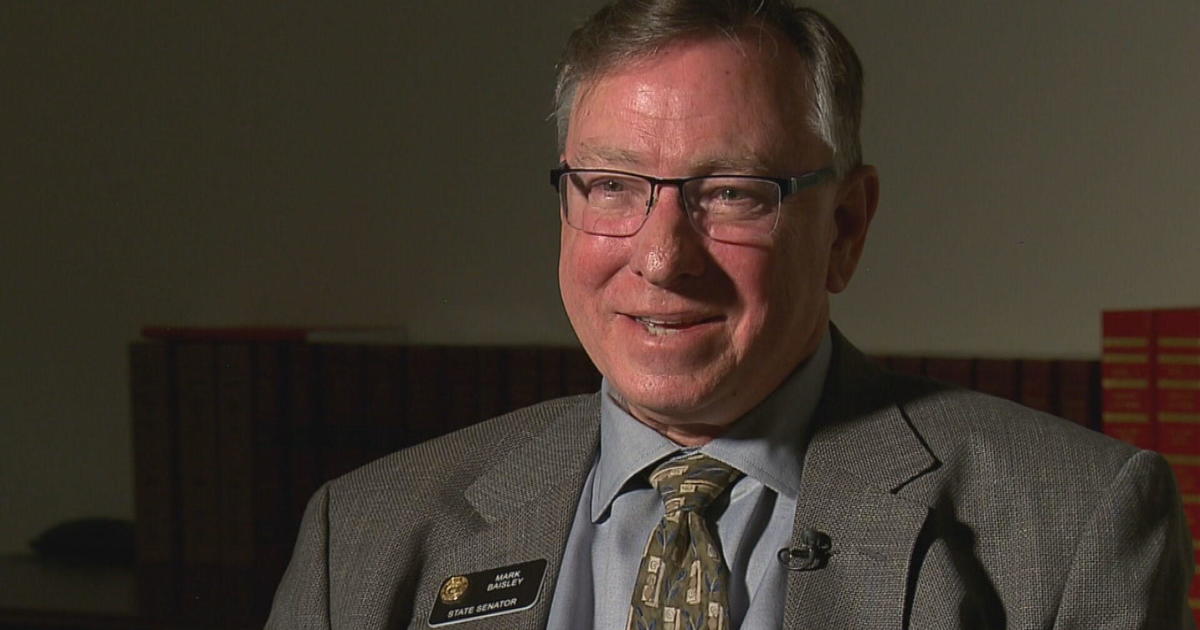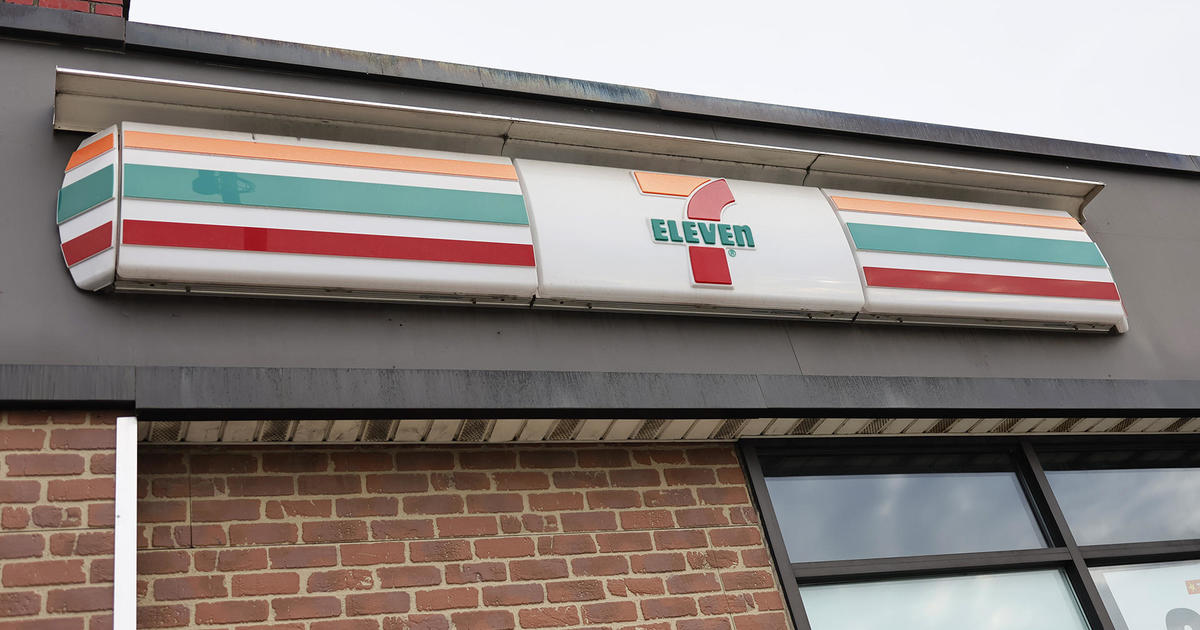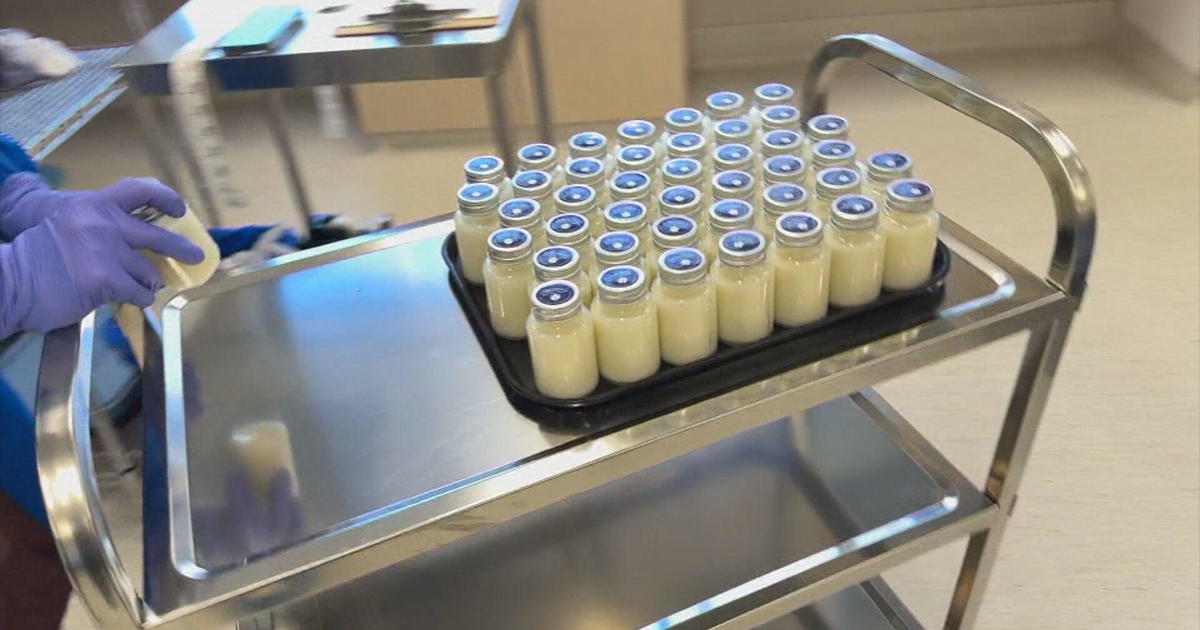Cancer Survivor In Colorado Promotes Awareness, Spreads Resources So Others Don't Feel Alone In Their Struggle
(CBS4) - On Sunday afternoon, Sarah Wartell gazed at pictures of her loved ones that she's collected on a wall in her basement over the years, beaming with pride as she pointed to each one.
"They held my heart up," Wartell told CBS4's Mekialaya White. "This is my husband, Justin," she said as she lingered on a photo of the two of them smiling at the beach.
Her family kept her spirits high after a sudden diagnosis in 2021 that she wasn't prepared for: stage 3 colon cancer.
"My symptoms ranged from nausea and vomiting, significant abdominal pain, to the grosser ones like blood in my stool. And it can be embarrassing to talk about," she explained. "Fatigue, and generally just feeling unwell."
As a long-time yoga instructor, she was presumably "healthy." She was also under 45, when screenings for colorectal cancer typically start.
"Doctors thought I had giardia, food poisoning, stomach flu," said Wartell. "It delayed my diagnosis."
After a grueling two-and-half months, she found a UCHealth oncologist that could give her answers. "Eventually, when I got the colonoscopy, I discovered I had a mass in my transverse colon."
And eventually, she had 19 inches of her colon removed, and started chemotherapy. "Chemo isn't what they show in the movies. My hands and feet weren't working well, I couldn't touch metal, I couldn't eat cold things because it made me think I was swallowing razor blades. And the worst brain fog ever. It was like I couldn't think."
After four months of IV and chemotherapy, she triumphed over it. And now, she is cancer-free and on the other side.
"It took a special lioness spirit to make it... I feel pretty lucky. And it doesn't stop there. Then, you have to go in three months to have labs and CT scans for five years. Just managing those kinds of worries or residual symptoms."
As an advocate, she is urging others to seek help if they feel they're being misdiagnosed.
"Literally, trust your gut. That's really important and if it gets one person to get screened, that's why I do this," she said.
If you'd like more details on how to get screened yourself, click here.
